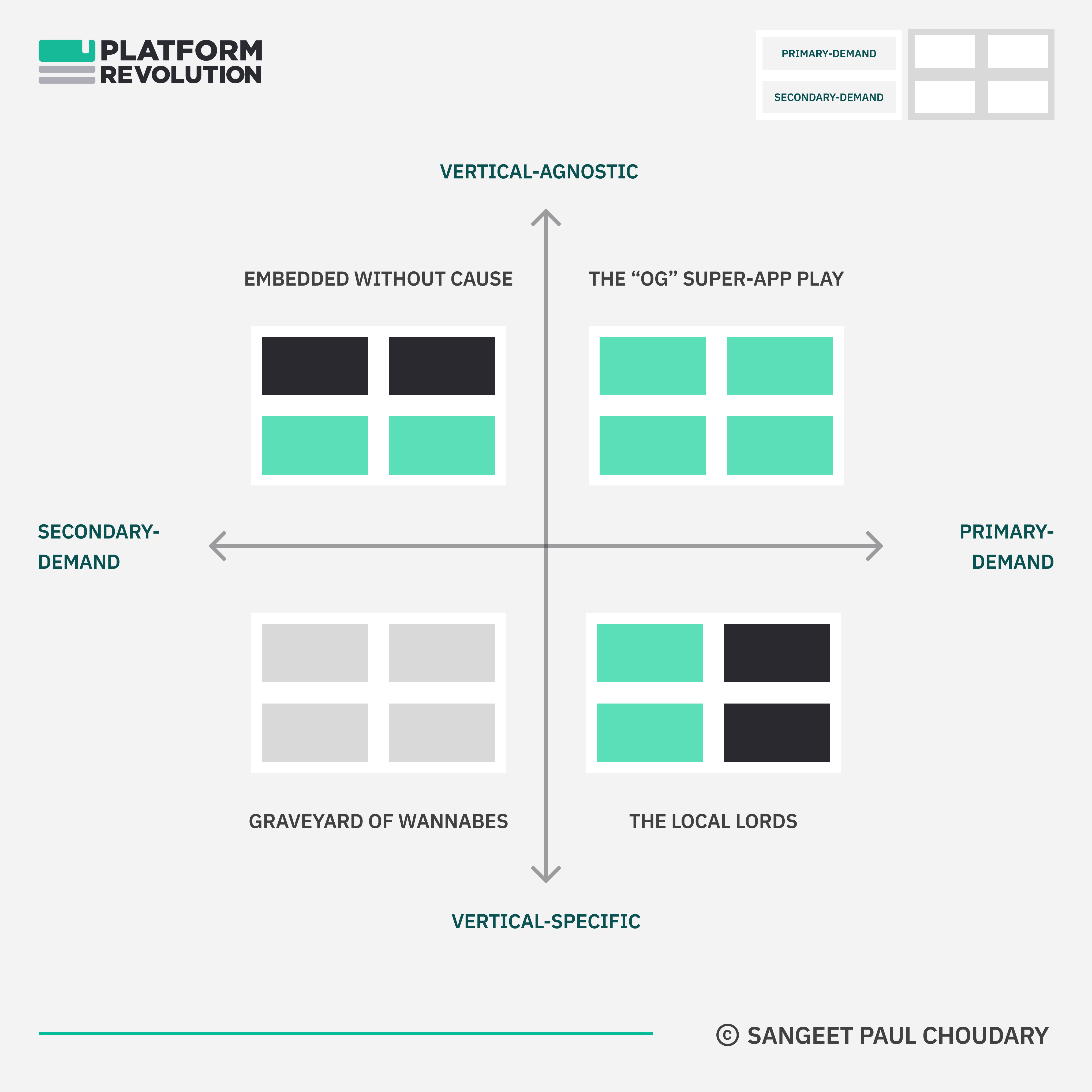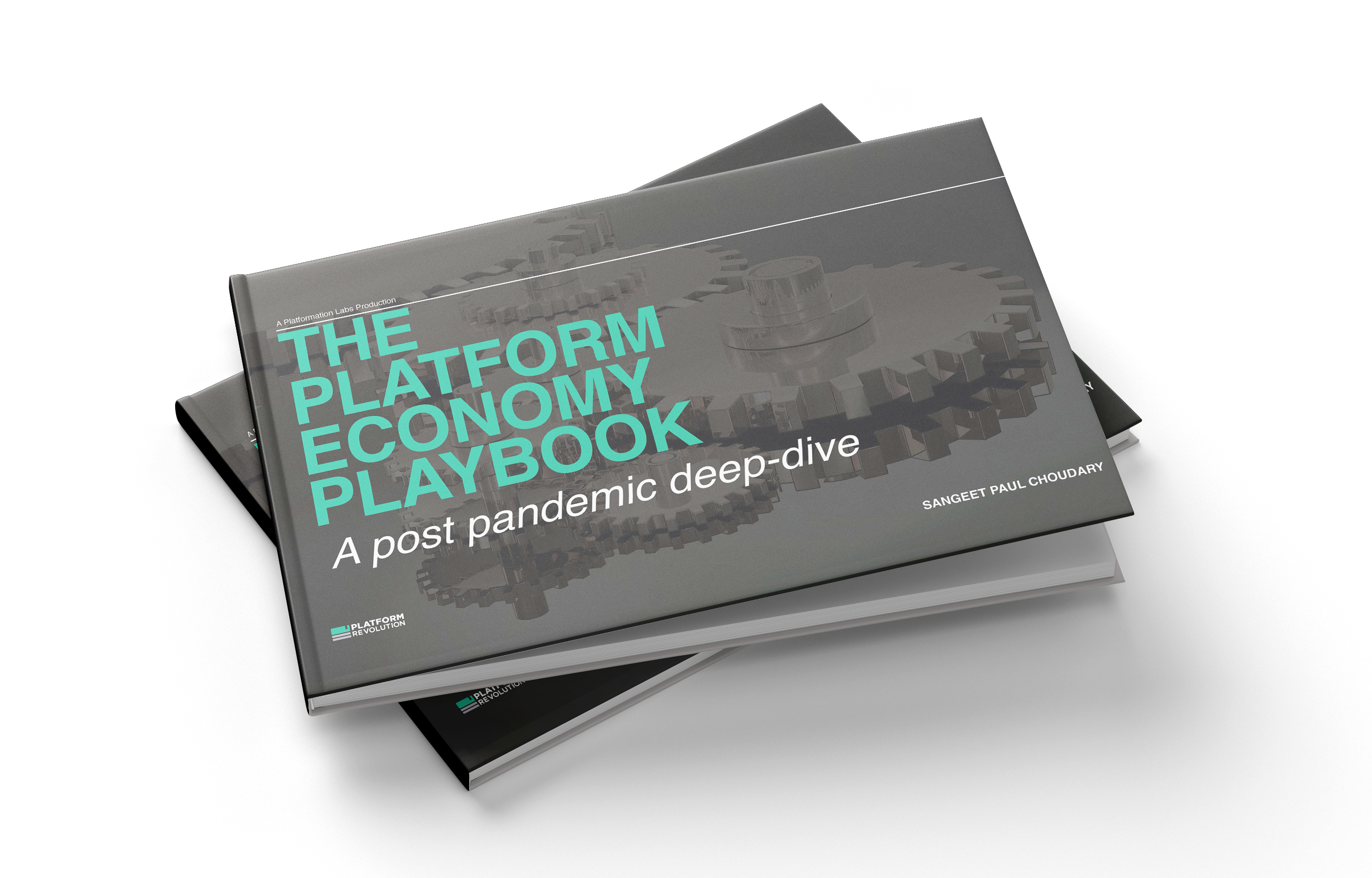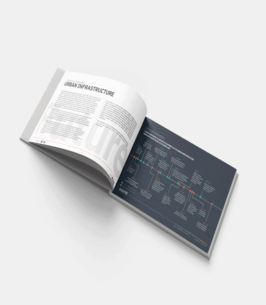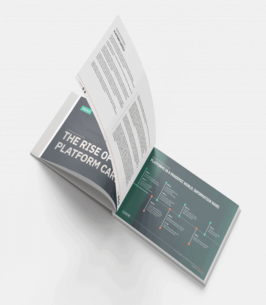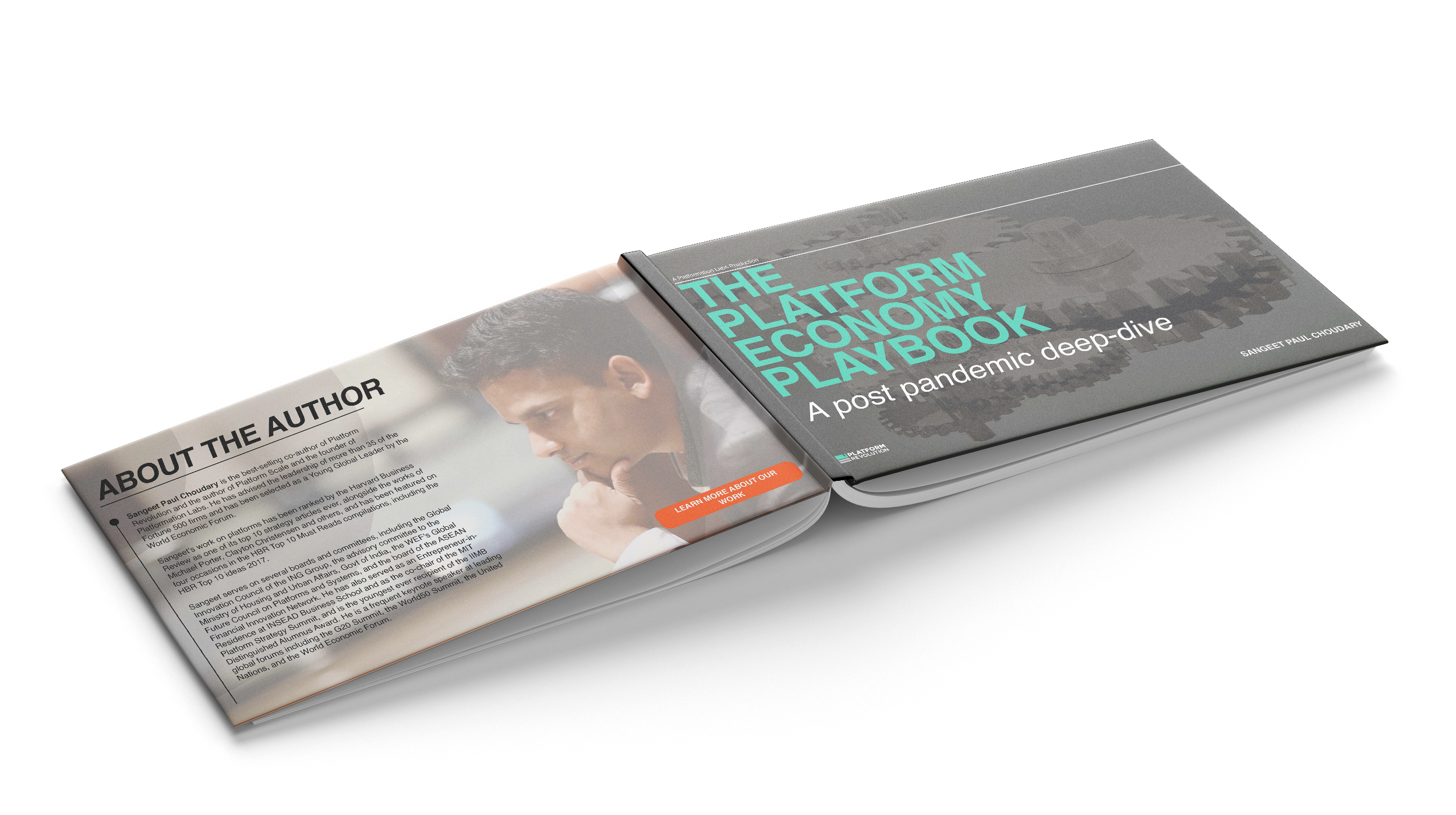Nokia just sold to Microsoft. Blackberry announced that it was considering putting itself up for sale. Google’s Android, meanwhile, grows stronger and is moving beyond smartphones to power cars, home electronics, and wearable accessories. Twitter’s heading for a strong IPO with the world’s strongest platform for influence and dissemination. While Barnes&Noble is parting company with the Nook and struggling to survive, a thriving Amazon and Kindle continue to transform publishing, most recently with the launch of a fan fiction platform. In the hotel industry, Airbnb poses a serious threat to the revenues of established players and is disrupting the housing market.
Platform Disruption
We used to live in a world where commerce flowed linearly. Firms added value to products, shipped them out and sold them to consumers. Producers and consumers held very distinct roles. Value was created upstream and flowed downstream.
Now, market upstarts are displacing market leaders faster than ever before as entire industries transform. We are in the midst of a seismic shift in business models, powered by the Internet and a generation of connected users.
Business leaders, today, develop platforms that connect diverse participants with one another and enable them to interact and transact. On the Internet, anyone can be a producer. Today’s network platforms aid the creation of entirely new markets by connecting producers and consumers with each other.
Three forces are powering the rise of platforms: ubiquitous network access with ever-increasing mobile penetration, reputation systems that enable trust among distributed strangers, and access to low cost shared infrastructure with tools and data to capture and coordinate interactions.
Three factors driving disruption
We predict three factors will drive this disruption:
Platforms will displace high cost gatekeepers with meritocratic crowds. YouTube and eBay flip the gatekeeping process used in media and retail. In lieu of professional editors and buyers, anyone can produce and the market itself decides what the market wants.
Platforms will aggregate disconnected players in fragmented industries. OpenTable is rolling up unconnected and unaffiliated restaurants. RedBus, the world’s largest bus reservation platform, gathers India’s fragmented bus schedules and reshapes the travel landscape.
Platforms will unlock new value from spare resources and user-generated content. Airbnb hosts and RelayRides’ cars are the spare rooms and idle rides of thousands of individuals. Much of Facebook’s appeal is the newsfeed produced from constant user activity. Instagram’s $1 billion sale was a consequence of the work, not of 13 employees, but of more than 30 million contributors.
The new rules of a platformed world
Ultimately, this transformation redefines competition. Firms that once sought advantage based on the strength of their internal resources and channel access now face competitors that harness armies of connected users and ecosystems of resources. Apple’s App Store, hosting nearly a million applications, offers a compelling testimony to the power of ecosystems. More buyers on eBay attract more sellers, which in turn attracts more buyers. More freelancers on Upwork attract more job postings and vice versa. Such feedback loops enable these businesses to grow into massive juggernauts. Businesses win based on their ability to captivate third parties and connect them to each other through creative interactions.
The rise of ecosystems also means that old linear rules no longer work given new platform realities. In operations, just-in-time inventory gets trumped by just-not-mine inventory. The IT function transforms from client server support to cloud service solution. In marketing, the profit maximizing price is often at or below zero. Charging every user can destroy network effects, yet data and network effects create critical competitive advantage.
Platforms aren’t merely a Silicon Valley obsession. Walmart continues to invest in big data and is leading a retail evolution to the store-as-platform model. Nike+ is showing how the shoe can become a connected platform. Car manufacturers are building connected cars. And GE is forging ahead with its smart grid platform.






